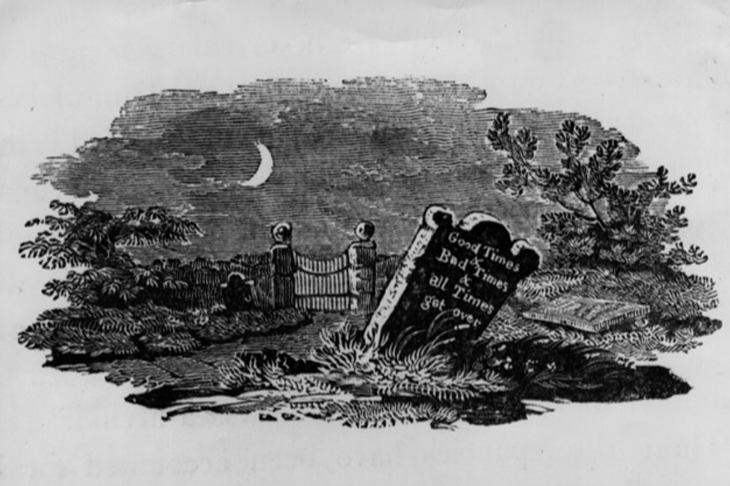The Church of England is considering scrapping centuries of Christian teaching to give God gender-neutral pronouns. The church has confirmed that its Liturgical Commission has launched a special project to examine updating future teachings. Some priests have already made such changes, rewriting the ‘Our Father’ that starts the Lord’s Prayer to ‘Our Father and Mother’. The problem here is whether they wish to remain Christian or not – whether they wish remain followers of Jesus Christ, or whether they have decided they are smarter than Jesus. In Matthew 6:9 Jesus says ‘pray like this – Our Father…’ And in Luke 11:2 when Jesus is asked by his followers to ‘teach us to pray’ he says the same thing: ‘Father…’ The words of Jesus were recorded in Koine Greek (the global language of the first century) so the New Testament uses pater the Greek word for ‘father’ at this point. On other occasions Jesus told his followers to address God as abba – a word of family intimacy for a father. It sounds disrespectful, but the nearest English equivalent might be ‘Dad’ or ‘Daddy’. This concept of fatherhood is fundamental to humanity. Essentially it is a relational word. It is a parental word. If Jesus wants us to address God as ‘Our Father’ then no Church of England liturgical commission has a licence to change it in the interest of being more woke. The Rev. Ian Paul, a member of the Archbishops’ Council of the Church of England, is among those decrying it as a step too far. He stressed that ‘male and female imagery is not interchangeable’ adding, ‘the fact that God is called “Father” can’t be substituted by “Mother” without changing meaning, nor can it be gender-neutralised to “Parent” without loss of meaning.’ Fathers and mothers (he stressed) are not interchangeable but they relate to their offspring in different ways. For some people this is a problem because they didn’t know their father, or had a difficult relationship with their father. There are others who have (or had) a really good Dad. But in both cases we need to get over the hurdle of human, fallible fathers – and see a bigger picture of God’s Cosmic Fatherhood beyond that.
A friend says ‘Robert Menzies must be turning over in his grave at the state of the Liberal party’—and I wonder where this grave spinning phrase came from. Nigel Rees calls it an ‘English saying’ (and I can’t find it among my American linguistic sources) but adds that it’s not known before the 19th century. The earliest example he’s found is in Thackeray’s Pendennis (1848). And when Thackeray uses it he doesn’t explain it, clearly expecting it to be understood, so perhaps it was already a familiar conversational expression. However, there’s also the claim that it can found in the British Hansard from a debate in 1801 – again used as if it were familiar. So, the composer of ‘turn over in his grave’ is (it appears) an unknown member of the hoi polloi – and it just caught on. But what sort of turning does it suggest? Is it proposing the historic figure in question is turning his or her face away from the desecration of their heritage? Or that they are agitated enough to be spinning around in anguish? Or that they want to get out to put things right? Any suggestions?
Got something to add? Join the discussion and comment below.
Get 10 issues for just $10
Subscribe to The Spectator Australia today for the next 10 magazine issues, plus full online access, for just $10.
Contact Kel at ozwords.com.au
You might disagree with half of it, but you’ll enjoy reading all of it. Try your first month for free, then just $2 a week for the remainder of your first year.














Comments
Don't miss out
Join the conversation with other Spectator Australia readers. Subscribe to leave a comment.
SUBSCRIBEAlready a subscriber? Log in